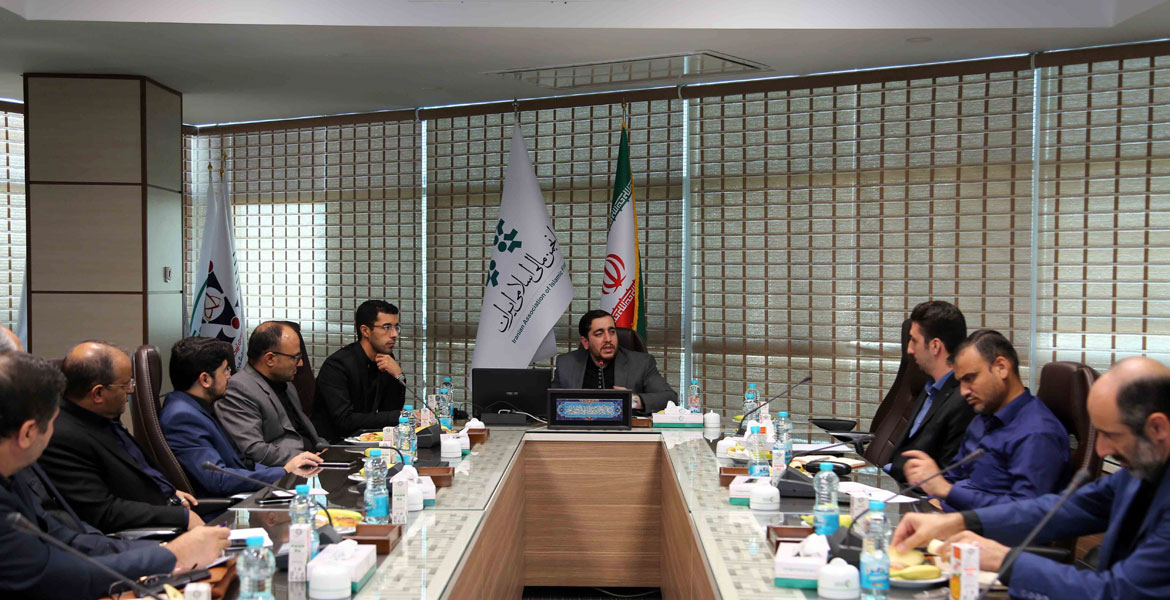
The IAIF held the 21st specialized session on the need to design coherent guidelines for tomorrow's foreign exchange transactions on 18 Sep. 2018.
Dr. Hossein Meysami, a faculty member of the Monetary and Banking Research Institute of the Central Bank, stressed that the general need of all beneficiaries for foreign exchange derivatives transactions is a real need, adding due to the absence of formal foreign exchange derivatives market, an informal replacement market has been formed in the country’s economy and “tomorrow’s transactions ding market” is one of the most important of them. In this informal and illegal market, stakeholders predict the price of the foreign exchange in the next day and trade on these forecasts.
In financial science, a "derivative instrument" is a contract that derives its value from the performance of a "basis entity" that is usually an asset, and various indices and interest rates are examples of this basis entity.
Covering the risk of foreign exchange fluctuations for investors and producers paves the way for the discovering foreign exchange futures prices, reducing informal foreign exchange market transactions, deepening the financial market and paving the way for foreign producers and investors to enter the foreign exchange derivatives market.
According to Meysami, foreign exchange derivatives include foreign exchange futures contracts, foreign exchange option contracts and foreign exchange swap contracts.
Foreign exchange futures transactions are not recognized in the country's monetary and banking system. However, in this market, the foreign exchange market stakeholders enter into a transaction at the end of the transactions day based on their forecasts for the exchange rate in the coming days and assume bilateral obligations. In fact, they try to make the relevant profit by correctly predicting the exchange rate for the next day and naturally they undertake their losses and pay them due to their incorrect forecast.
From a legal point of view, there are two possibilities in relation to tomorrow's foreign exchange transactions, the first one includes "transactions on exchange rate changes" (price betting) and the second one is "mutual commitment to sell the next day without the possibility of delivery".
Meysami suggested a short-term and medium-term alternatives to tomorrow's foreign exchange transactions within the sharia framework. The first (short-term) solution is to conduct future transactions in legal forms of commitment obligation; based on this, future foreign exchange transactions can be designed in the legal form of a future sale commitment or a peace contract. The second (medium-term) solution is to establish a formal foreign exchange futures market on the Commodity Exchange.


